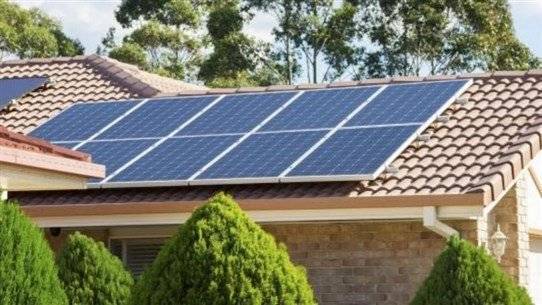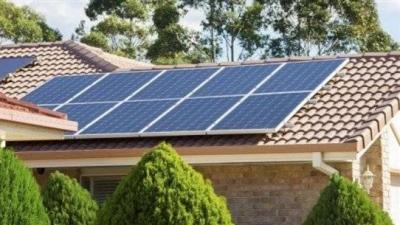Some Lebanese villages have descended into total darkness as the power cuts from Electricité du Liban reached a point of "no electricity," while many generators have become unable to operate. The generators have hit a critical point and have begun to turn off one by one in numerous towns and regions, declaring their surrender to the crisis that has ended this "strong era" which represented the state for decades.
Issam, the owner of one generator in a rural village, explained to MTV the reasons that led him to shut down his generator: "Due to the stifling crisis that the country has reached and the worsening problems and obstacles that have hindered our work, we had to stop. One of the main reasons is the rise in the price of a barrel of diesel from 2,600,000 to nearly 8 million Lebanese pounds, in addition to the decrease in subscriptions and the overall spending due to the growing number of households turning to alternative energy."
Herein lies the main problem; the shift of many Lebanese towards solar energy and the rising number of homes installing solar power has resulted in reduced spending on generator networks, which can no longer sustain themselves, and the situation has exceeded their capacity to survive.
Issam notes that the shift of a significant portion of residents to solar energy and the cancellation of generator subscriptions has led to an increase in the price per kilowatt, meaning the bills will be exorbitant for the remaining residents who have not yet turned to alternative energy, constituting the weaker social link and who have become prey to darkness in all villages that have shutdown their generators. Unfortunately, solar energy will not light the homes of the poor in Lebanon; the cost of a 5 amp system, which is the least expensive and consists of just two panels with necessary accessories, is around $1,500, assuming the best brands aren’t used. Many families do not have the ability to purchase it, even if they consider taking out a loan for energy from the housing bank due to the onerous conditions imposed.
A sad reality is beginning to unfold in most towns, and it is likely to increase. While many will turn to solar energy this summer, the group that will remain will be the marginalized, leading one to ponder under what psychological, emotional, and social conditions such families will have to endure.




